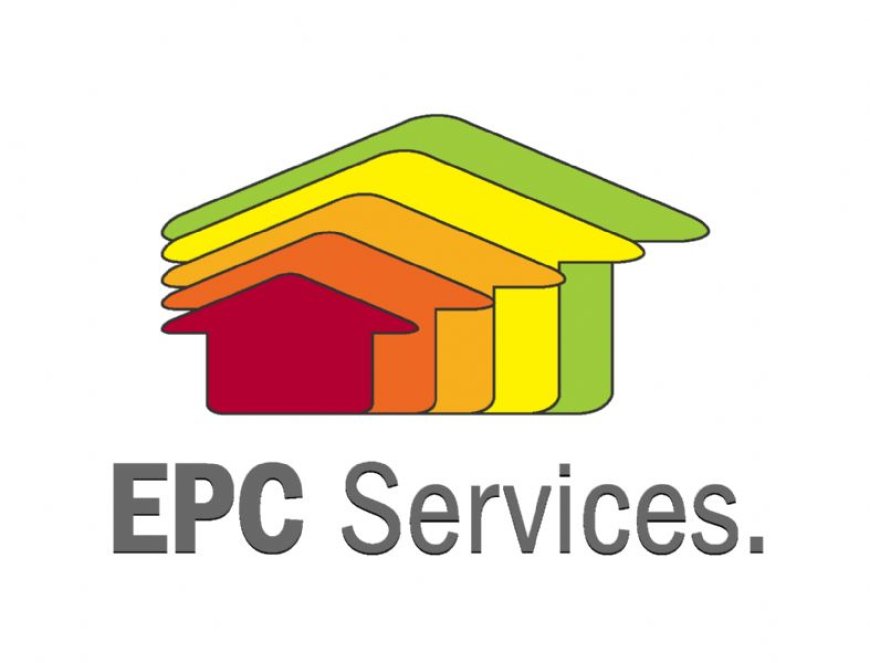EPC Consulting Services: Evaluating Project Risks and Optimizing Delivery
State-of-the-art digital technologies and cloud-based collaboration platforms are increasingly used by EPC firms to effectively manage complex multi-disciplinary projects.

The EPC Project Delivery Model
The engineering, procurement, and construction (EPC) model is one of the most widely used delivery methods for large capital projects worldwide. Under the EPC model, the project owner signs a single fixed-price contract with an EPC contractor who is responsible for all aspects of the project - from engineering and design to procurement, construction, commissioning and handover of the facility.
Some key attributes of the EPC consulting include a lump-sum turnkey contract, single point responsibility, fixed delivery date and price guarantees from the EPC contractor. While this offers cost certainty to owners, it also passes significant risks to EPC contractors. Complex projects often overrun costs and schedules due to unforeseen issues, resulting in losses for EPC firms.
Assessing Risks through Front-End Engineering Design
To mitigate risks, EPC Consulting contractors conduct extensive front-end engineering design or Pre-FEED studies before finalizing contracts. This involves evaluating site conditions, resource requirements, operational parameters and any other factors that could impact project costs and schedule. FEED studies use historical data, team expertise and industry benchmarks to analyze risks across various work streams and identify priority areas.
Sensitivity analysis is performed to understand the financial impact of potential changes in key parameters like material costs, labor rates, weather delays or design customizations requested by owners during construction. Contractual provisions are drafted to clearly define risk and liability boundaries. FEED studies thus help de-risk projects and optimize engineering designs to reduce uncertainty. They also allow for more accurate costing of EPC contracts.
Leveraging Digital Tools for Planning and Execution
State-of-the-art digital technologies and cloud-based collaboration platforms are increasingly used by EPC firms to effectively manage complex multi-disciplinary projects. Building Information Modeling (BIM) allows project teams to visualize designs in 3D, identify clashes and ensure constructability before construction starts.
Drones and reality capture tools digitally map sites to develop as-built models. Internet of Things (IoT) sensors installed at sites transmit real-time data on equipment health, inventory levels and work progress for remote monitoring. Advanced project management software synchronizes activities across dispersed project teams and automates planning, scheduling and reporting functions.
Analytics drawn from vast datasets captured through these digital tools help make better resourcing decisions, predict delays and adjust works accordingly to optimize schedules. They also facilitate issues resolution through virtual discussions. When integrated with FEED studies, digital project execution significantly boosts predictability and helps EPC consulting contractors deliver projects as per contract terms.
Ensuring Quality through Independent Reviews
Rigorous quality assurance is required throughout project cycles to avoid rework and limit warranty expenses. EPC firms conduct independent design reviews at key milestones by technical experts not involved in the project. Construction quality plans and hold-point inspections systematically verify workmanship and materials meet prescribed standards before next activities commence.
Third-party commissioning agents validate systems and equipment functionality through factory acceptance testing, site acceptance testing and performance testing as per OEM guidelines and design specifications. Digital quality management platforms help log, track and close deficiencies.
Client experience surveys and post-occupancy evaluations provide feedback on areas of improvement. Lessons from past projects are incorporated into organizational knowledge repositories and training modules to foster a culture of continuous learning and enhance quality consciousness across project teams.
Holistic Risk Management for Sustained Growth
To thrive in competitive EPC consulting, companies need a structured risk management framework spanning the project lifecycle. Strong risk identification and assessment capabilities coupled with a clear risk appetite allow them to selectively pursue opportunities aligned with their core competencies and balance sheets.
Insurance policies provide an additional layer of protection against certain unavoidable risks beyond contractual guarantees. Stakeholder engagement enhances transparency and collaborative risk-sharing. Mechanisms to equitably resolve disputes preserve long-term client relationships.
Prudent financial management maintains a healthy balance between work-in-progress, available lines of credit and reserves to absorb probable losses within tolerable limits. Diversifying service offerings and expanding geographic footprints mitigates over-reliance on any sector or region-specific risk exposures over business cycles.
This makes EPC consulting more resilient to withstand uncertainties while capitalizing on emerging markets and technologies for sustained profitable growth. A robust risk-managed approach is critical for their long-term viability in dynamic industry conditions.
Get more insights on EPC Consulting
Discover the Report for More Insights, Tailored to Your Language
About Author
Alice Mutum, is a seasoned senior content editor at Coherent Market Insights, leveraging extensive expertise gained from her previous role as a content writer. With seven years in content development, Alice masterfully employs SEO best practices and cutting-edge digital marketing strategies to craft high-ranking, impactful content. As an editor, she meticulously ensures flawless grammar and punctuation, precise data accuracy, and perfect alignment with audience needs in every research report. Alice's dedication to excellence and her strategic approach to content make her an invaluable asset in the world of market insights.
(LinkedIn: www.linkedin.com/in/alice-mutum-3b247b137 )












